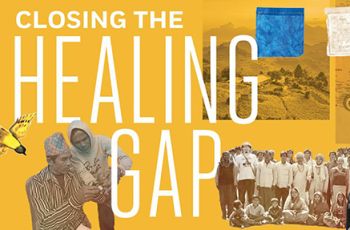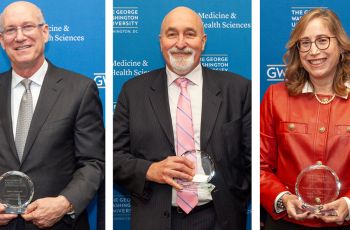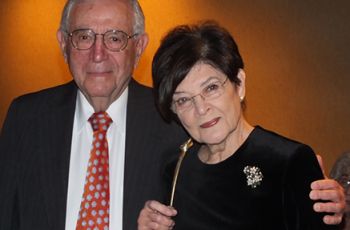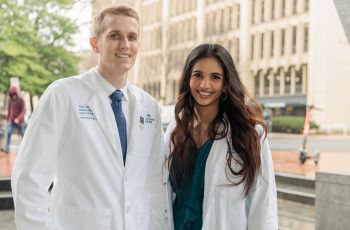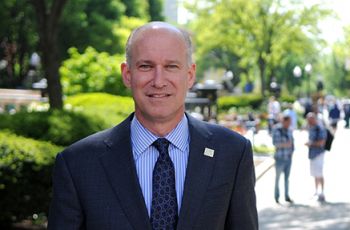News Archive
"I want to break down the divides between the healer and the healed," says Brandon Kohrt, who leads a team of researchers working to treat mental health conditions and reduce stigma from Nepal to New York City.
The George Washington University’s School of Medicine and Health Sciences (SMHS) celebrated three prominent faculty members as they were installed as endowed professors on Nov. 1. Jeffrey S. Akman, M.D. ’81, RESD ’85, was named, for a second time, as the Leon M. Yochelson Chair of Psychiatry and…
Congratulations to our residents who matched into fellowship programs this year!
Bringing PM+ to New York City. In the spring of 2020 and with supplementary funding from NIMH for their project, Kohrt and Adam Brown, Ph.D., a colleague at the New School in New York City, partnered with the New York City Mayor’s Office to explore how PM+ could be used as part of the COVID-19…
For more than a century and over four generations, their family has been a part of George Washington University. This year, Jonathan B. Perlin and Donna J. Perlin found a way to celebrate the couple at the very center of that long history.
The Akman Innovation Fund, created in 2019 in honor of Jeffrey S. Akman, MD ’81, RESD ’85, former dean of GW SMHS, selected its inaugural pair of recipients.
Today, Mayor Muriel Bowser, along with Thomas LeBlanc, President of George Washington (GW) University, Dr. Barbara Bass, CEO of the GW Medical Faculty Associates and Dean of the GW School of Medicine and Health Sciences, and Kimberly Russo, Group Vice President of the Washington, DC Region for…
The George Washington University (GW) School of Medicine and Health Sciences (SMHS) has tapped Jeffrey S. Akman, MD ’81, RESD ’85, to serve as the interim chair of the Department of Psychiatry and Behavioral Sciences. Akman, who served as the vice president for health affairs, the Walter A.…
Amir Afkhami discusses his profile, research and novelizations.
As the COVID-19 pandemic sweeps the globe, Iran has been among the countries hardest hit by the rapidly spreading virus.
